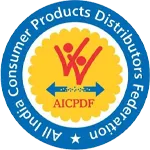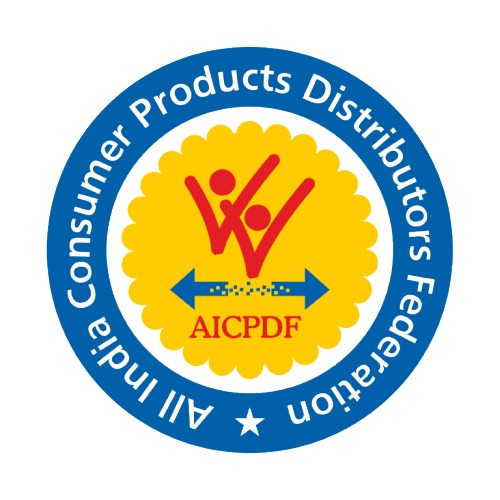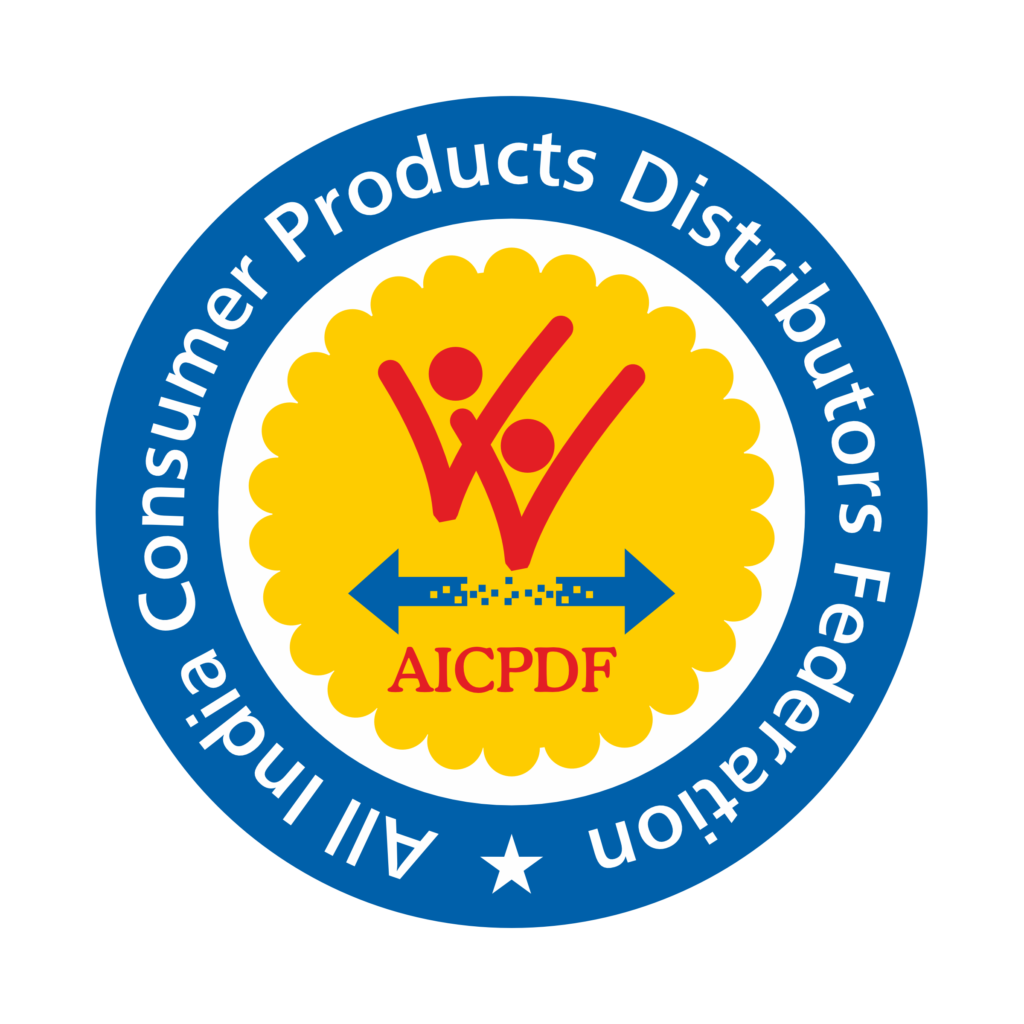In today’s fast-paced business environment, technology is no longer an option but a necessity for efficient FMCG distribution. Software and automation tools can streamline retail operations, reduce costs, and improve customer satisfaction. This guide explores the various technologies that distributors can leverage to enhance their efficiency and competitiveness in the retail industry.
The Importance of Technology in Distribution:
Streamlining Operations:
Explain how technology can automate manual tasks, reduce errors, and improve overall efficiency. Discuss the benefits of using software for inventory management, order processing, and delivery tracking in FMCG distributor businesses.
Improving Decision-Making:
Highlight the role of data analytics and reporting in providing insights into sales trends, customer behavior, and operational performance. Discuss how technology can help product distributors make informed decisions and optimize their strategies in the retail business.
Enhancing Customer Satisfaction:
Explain how technology can improve customer service through real-time order tracking, efficient delivery, and personalized offerings. Discuss the importance of technology in enhancing communication and collaboration with retailers.
Key Software Solutions for Distribution:
Enterprise Resource Planning (ERP) Systems:
Provide an overview of ERP systems and their role in integrating various business functions, such as inventory management, sales, and finance. Discuss the benefits of using ERP systems for real-time visibility, data accuracy, and process automation for FMCG distributors.
Warehouse Management Systems (WMS):
Explain how WMS can optimize warehouse operations, such as inventory storage, picking, and packing. Discuss the benefits of using WMS for improving inventory accuracy, reducing order fulfillment time, and enhancing warehouse efficiency in retail operations.
Transportation Management Systems (TMS):
Highlight the role of TMS in optimizing delivery routes, tracking shipments, and managing transportation costs. Discuss the benefits of using TMS for improving delivery efficiency, reducing fuel consumption, and enhancing customer satisfaction for distributors for retail stores.
Customer Relationship Management (CRM) Systems:
Explain how CRM systems can help distributors manage customer interactions, track sales leads, and improve customer retention. Discuss the benefits of using CRM systems for personalized marketing, targeted promotions, and enhanced customer service across the FMCG retail industry.
Mobile Applications:
Explain how mobile applications can help sales teams, delivery drivers, and warehouse staff. Discuss the benefits of using mobile applications for real-time data access, order processing, and delivery tracking in the retail and business ecosystem.
Conclusion:
In the competitive landscape of FMCG distributors, technology is the cornerstone of efficiency and growth. By strategically implementing software solutions like ERP, WMS, TMS, and CRM, distributors can streamline their operations, optimize resource allocation, and enhance customer experiences. Automation tools further amplify these benefits, reducing manual labor and minimizing errors. Embracing these technological advancements not only improves immediate operational performance but also equips distributors to adapt to the rapidly evolving retail business.



